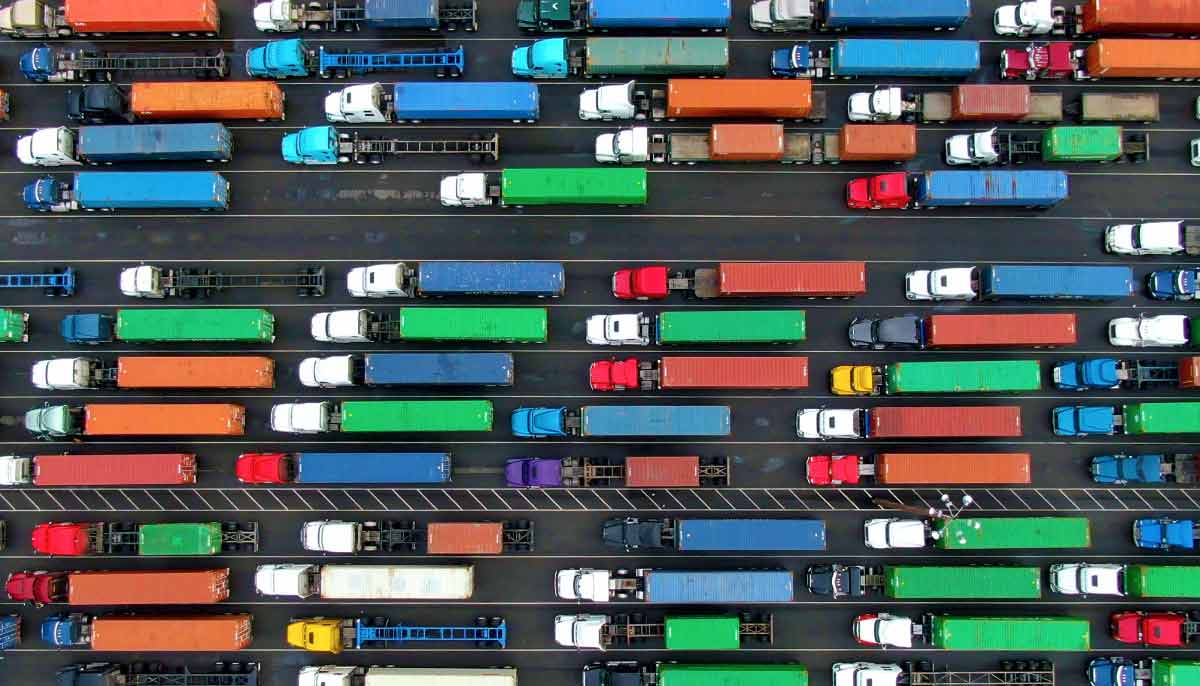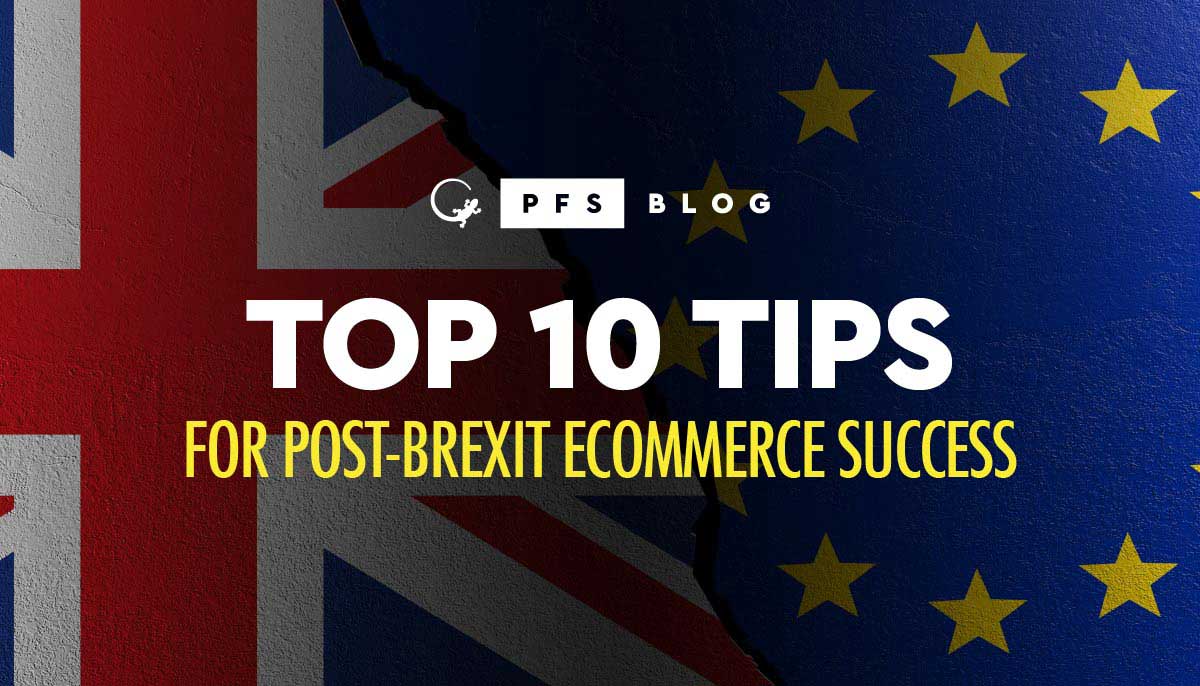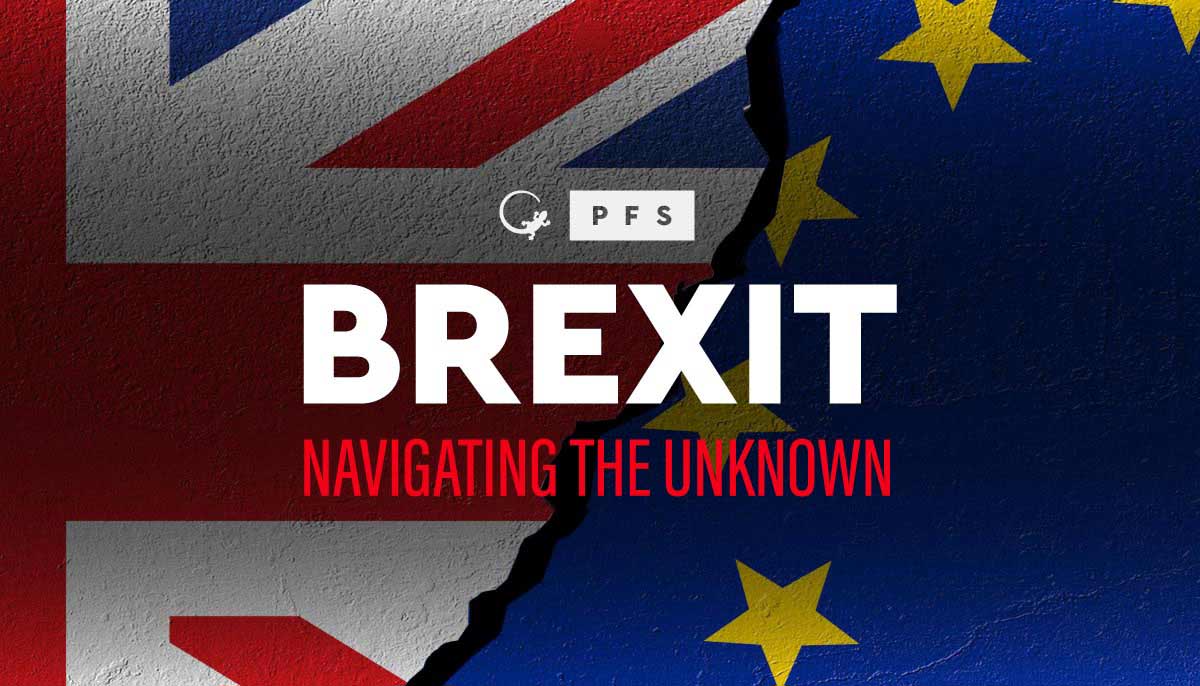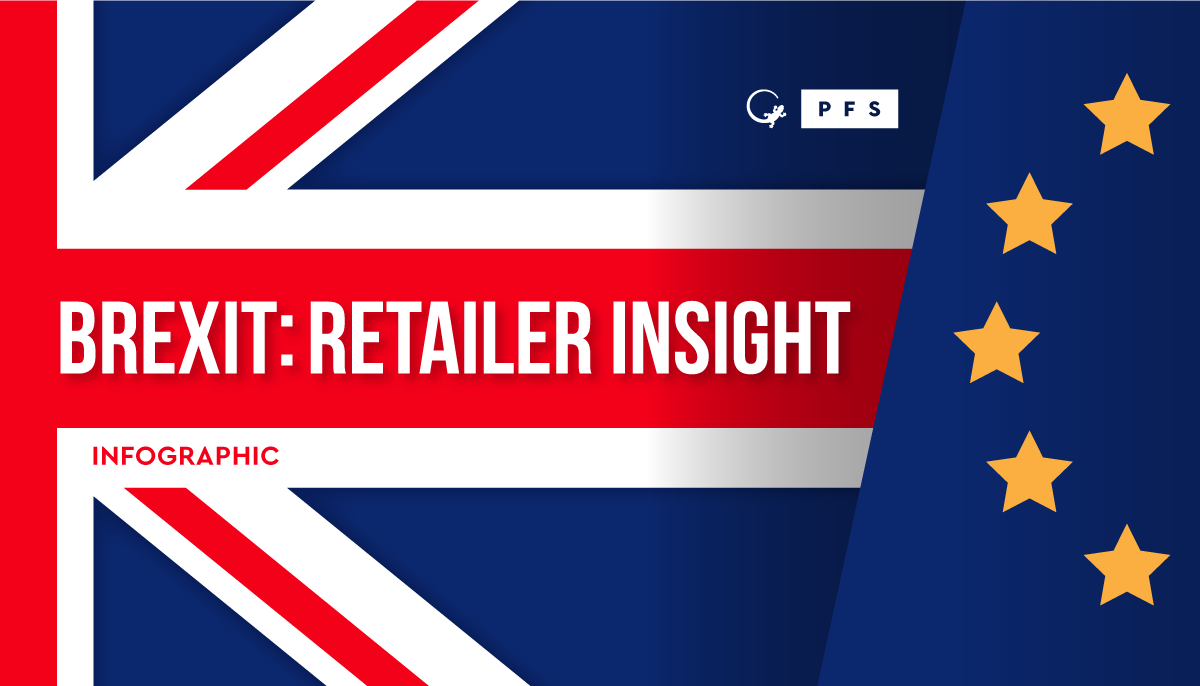
The End of the Brexit Transition: Navigating the New Customs Landscape Post-Brexit
For eCommerce retailers, Brexit preparations may have been put on the back burner following the arrival of a global pandemic. But as the clock ticks down to the end of the Brexit transition period, making sure you are ready for customs and compliance changes is critical to ensuring a smooth transition for your business and customers. Here’s what we know you will need to do, deal or no deal.
As UK eCommerce continues to boom amid global trade uncertainty, it’s vital for retailers who trade across the UK and EU to keep up with the resulting changes of withdrawing from the European Single Market and Customs Union. Although the detail has still not been finalized by the British government, eCommerce merchants, postal authorities, carriers and online marketplaces will all face significant impacts if they are unable to comply with new measures from January 2021.
With 67% of retailers expecting and preparing for a Brexit order backlog in Q1 2021, providing robust financial forecasting as well as monitoring increased tariffs and changes to VAT with carriers may prove challenging. The more Brexit-prepared eCommerce retailers are the more cross-border orders will be able to be fulfilled. Alarmingly, around 31% of retailers still believe that they will be able to adjust operations as needed once ‘deal’ or ‘no deal’ is clear – whenever that may be.
For eCommerce retailers, understanding any changes to costs prior to operating in the new landscape is crucial to providing accurate pricing to customers from Day One. No business wants to have a lull in trading by risking shipping goods across borders, only to find that they don’t end up at their intended destinations due to customs delays.
Clearing the border
As a brand or retailer, it is understandable that the primary focus of many (75%) over the last year has been trying to keep up with demand as a result of COVID-19. But as retailers come out of a unique peak season, Brexit needs can still be met, and disruption minimized. Taking the time in these last few weeks will pay dividends in January.
Maintaining data integrity
In most locations, customs clearance is automated. Ensure there is no missing or incomplete data on packages, such as full shipper and consignee information, to avoid an automatic failure. Product or item descriptions should be detailed and accurate to avoid ambiguity, which could lead to a delay in customs processing post-transition.
Retailers must have an Economic Operators Registration and Identification (EORI) number. With the UK no longer being a member state, you may have increased costs and delays following Brexit, such as incurring storage fees, if an EORI is missing or is incorrect. It can take up to a week to get an EORI number, so it’s advisable to apply for one now to avoid delays in the run up to Christmas. An EORI number will also be needed if you will be making declarations or getting a customs decision in the EU. Talk to the EU customs authority in the country being traded with. If your business uses a postal or parcel service, speak to them directly so you know what their stipulations are.
Adding value to your operations
As of 1st January 2021, the value of goods must represent the actual transactional or realistic market value – an error here can cost significantly in import delays and fines. Should you not be the only party moving goods between the UK and EU, agree who will be the importer of record; that is the party responsible for clearance requirements such as customs import declarations, import duties, tariffs and import VAT.
Retailers selling goods at or below £135 into the UK, will be responsible for collecting and paying UK VAT for these shipments. The VAT amount should be collected at the point of sale and paid to HMRC through the UK VAT registration. For goods above £135 sold into the UK, the importer will remain solely responsible for paying UK VAT. Paid by the importer via postponed VAT accounting or through the customs declaration, if your UK business is importing on its own name into the EU, you need to be VAT registered in the EU – it is recommended that you do this in the country of clearance.
Custom-made shipments
Of course, there is always the option to appoint a third-party to oversee this; a Merchant of Record (MoR). An MoR can be enlisted to essentially buy the products from you when a “purchase” button is clicked. Products are then sold in their name on your behalf, but transparently to consumers.
All tax responsibilities fall on the MoR, eliminating the need for e-retailers to be VAT registered or sort VAT reporting. MoRs also monitor:
- VAT compliance across geographies
- New market analysis
- Issues with fulfilling in different locations.
By enlisting an MoR, you will be free to concentrate on other Brexit preparations.
Stand and deliver
2020 was supposed to be the “year of Brexit preparation”. But with all that has been thrown at the eCommerce industry, it’s not surprising that Brexit for many businesses has not been the top priority. If a trade deal is agreed in these last few weeks, time will still be needed for review, language translation and for obtaining approvals from member states and European parliament. By working with eCommerce solutions providers who have negotiated lower carrier rates, your Brexit impact can be minimized, ensuring your business benefits from continuity to meet customer demand.


